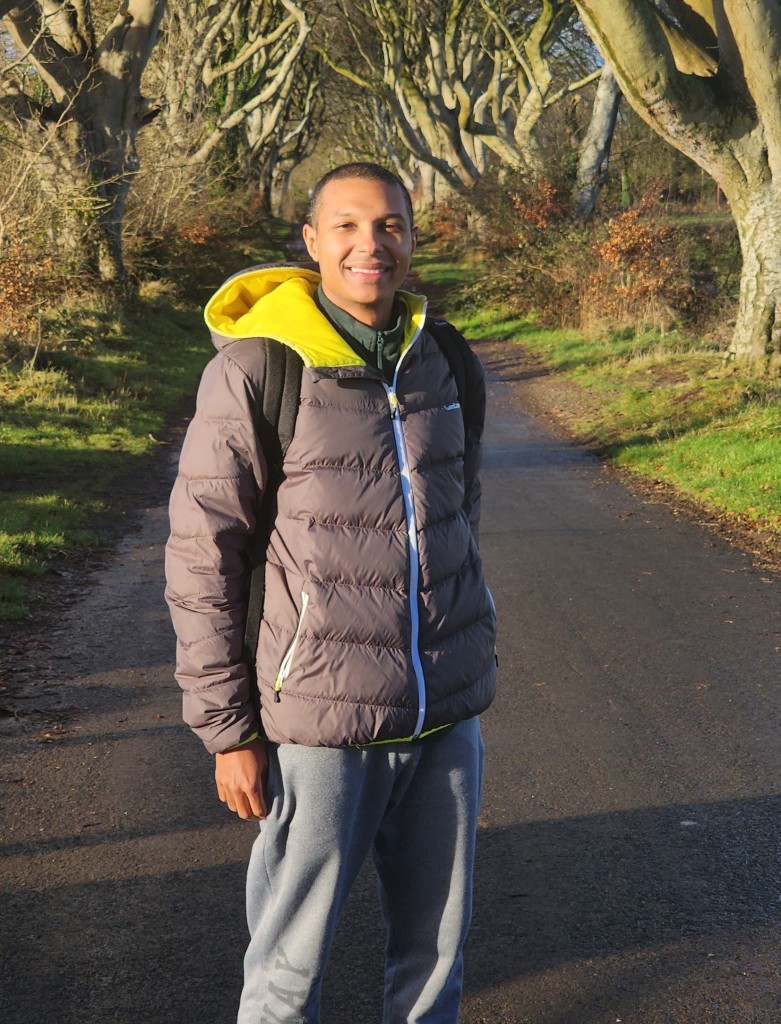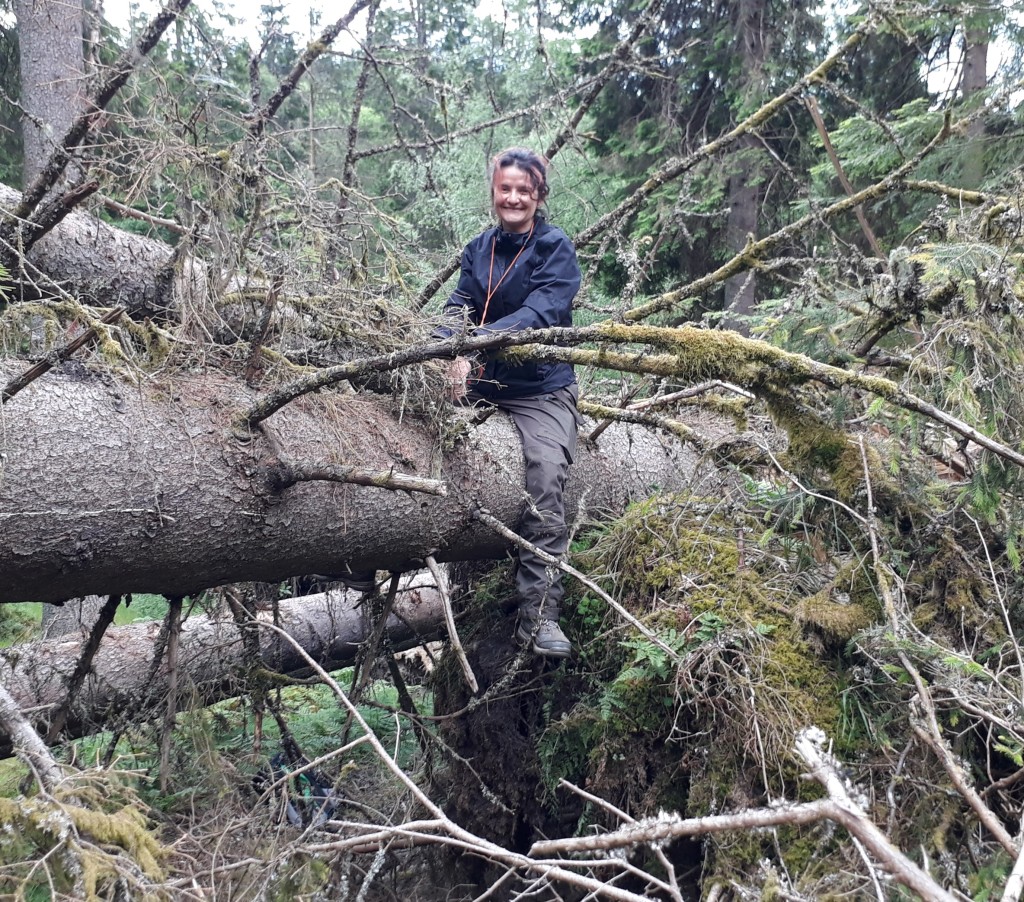Journal of Applied Ecology offers a two-year mentoring opportunity for early career researchers to gain experience of the Associate Editor role. Each mentee works with one of our five Senior Editors, who act as a mentor, as well as receives on-going support from the Editorial Office. Mentees have a great opportunity to learn more about the peer review process and publishing more widely through handling submissions to the journal.
This year, we’re pleased to be welcoming six new Associate Editor mentees to the Journal of Applied Ecology Editorial Board. You can read about them below.
Diego Anjos
Federal University of Uberlândia
Diego is an ecologist who has been working to understand how the diverse ecological interactions are established in nature, what ecosystem services (e.g., pollination, seed dispersal, biological control) they provide and how human disturbances can affect them. His research expertise lies in experimental studies, ecological networks and meta-analysis. Her current project explores how the effect of fire impacts the multi-layred network over time, considering insects and a plant population in the Brazilian savannah.
Romina Fernandez
Instituto de Ecología Regional (UNT-CONICET)
Romina is an ecologist with a broad interest in plant ecology and biological invasions. From 2019 to 2023, Romina participated in the IPBES global assessment about invasive species. During the last years, Romina’s work has focused on synthesizing evidence on the impacts of invasive species to provide knowledge-based tools to decision makers. Recently, Romina obtained a research position at CONICET (Argentina’s National Research Council), with the main objective of understanding the factors that influence the distribution of invasive plants in protected areas of Argentina, their impacts and underlying mechanisms.
Ardiantiono Ardiantiono
Durrell Institute of Conservation and Ecology (DICE), University of Kent
Ardian is interested in integrating ecological and sociological information to enhance effective conservation management. Most of his work is carried out in Southeast Asian tropics, particularly Indonesia. His research assesses biodiversity responses to disturbances and management practices, examines human dimension of human-wildlife interactions, and develops socio-ecological system to inform conservation prioritization. Currently, he explores the application of data integration for species monitoring efficiency and evaluates conservation impacts in reducing biodiversity threats.
Priscila Powell
Instituto de Ecología Regional (UNT’-CONICET) and Facultad de Ciencias Naturales e IML
Priscila is a plant ecologist interested in the ecology and restoration of disturbed and degraded environments. Currently, her work focuses on the ecology and the management of tree invasions in subtropical forests. Amongst other topics, Priscila is researching the long-term dynamics of invaded woody plant communities and evaluating and co-developing management solutions to mitigate the impacts of invasive alien species in Northern Argentina.
Ankita Sinha
University of Sheffield
Ankita’s current research aims to understand the relative roles of historical contingency, environmental filtering and adaptation as drivers of community assembly in specialist riverine birds of the world. Her research will use morphological, colour and acoustic trait space information to undermine key adaptations in foraging and mate signalling strategies to reveal the role of adaptation and convergence in the evolution in birds which have specialised for a of a riverine lifestyle.
Javier Lopatin
Universidad Adolfo Ibáñez
Javier’s research focuses on remote sensing of vegetation. Javier is particularly interested in plant functional diversity and traits, radiative transfer modeling, machine and deep learning, imaging spectroscopy, and UAV remote sensing.
For more information on the scheme you can click here and read previous testimonials here. Please note that applications for the 2025 cohort will not open until September 2024.






